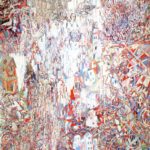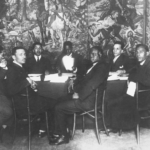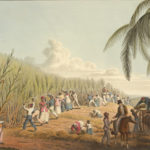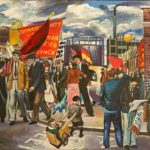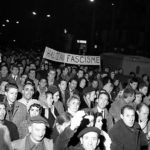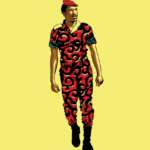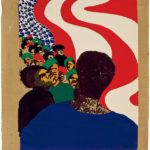
Marx, Du Bois, and the Black Underclass: RAM’s World Black Revolution
“World Black Revolution” was a critical exegesis, literally a reimagining, of the primary tenets of Marxist thought dating back to the 1848 publication of the Communist Manifesto. Its authors, members of a small cadre of trained black revolutionaries, sought to demonstrate that every major premise of western Marxist historiography and Communist history had failed to address what W.E.B. Du Bois called “the color line.” Thus, the World Black Revolution, elevated to the level of a strategic concept, aspired to define Black Power as an epochal stage and interpretation of world history, a new hermeneutic for a revised historical totality.
 Viewpoint Magazine
Viewpoint Magazine